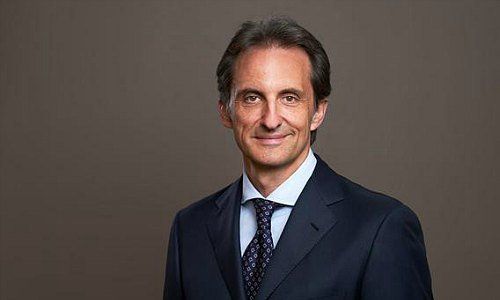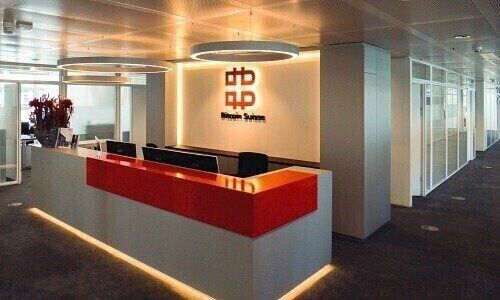Most other Swiss private banks have done this long ago.
Yes, we're only doing it now because another regime ruled this bank for too long. What we're doing now is hard graft, but the situation is generally very favorable. With several thousand clients and an asset base of roughly 14 billion Swiss francs, we have critical mass. Our main problem is the cost side, and we have to figure it out with the necessary discipline.
Will you cut jobs?
Yes. We are aiming for a headcount of roughly 250 employees, from about 300 now. We will mainly do the cuts through fluctuation, but there will be a limited number of cuts. We don't know the exact number yet.
To follow up on an earlier question, how will your new digital strategy, besides in crypto assets, help you grow?
The expansion of our technological platform is in an early stage. This has to take shape in coming months in terms of e- and mobile banking.
What are Falcon's main markets now?
Wider Europe, Britain, the Middle East, Eastern Europe, and Russia. In total, we focus on roughly 15 main markets.
You recently lost a Russia team to VP Bank.
Yes, but the business is still substantial. We also have demand from Russian clients in the crypto space.
Do you see signs of growth in the ongoing restructuring?
They are there, but we don't want to foster too high of expectations while we are still reconstructing our private banking arm. We have to become more active on the private banker front. We have defined growth targets, which include hiring private bankers and looking at potential acquisitions of client assets.
Martin Keller was named CEO of Falcon Private Bank in September, just months after he was elected to the Swiss bank's board. Previously, he was Credit Suisse's CEO for asset management in Europe, the Middle East, and Africa as well as chairman of Aventicum Capital, a joint venture between the Swiss bank and Qatar Holding. He has also worked for British hedge fund house Man Investments as well as Deutsche Bank and UBS Warburg.
- << Back
- Page 3 of 3




































